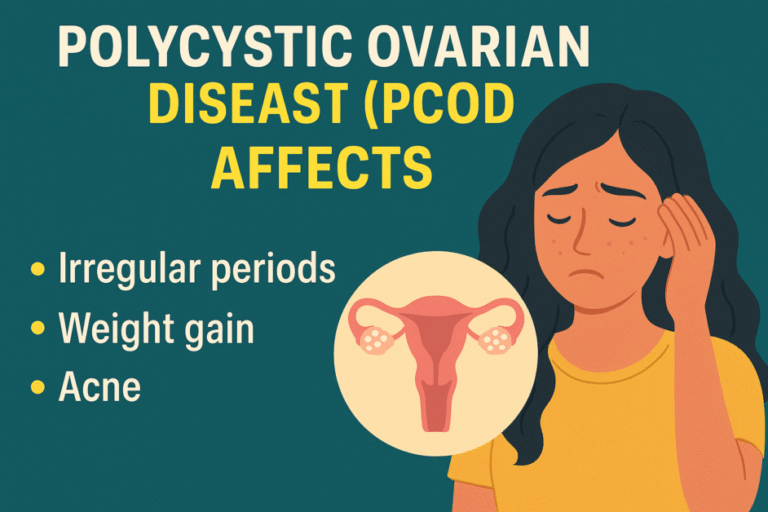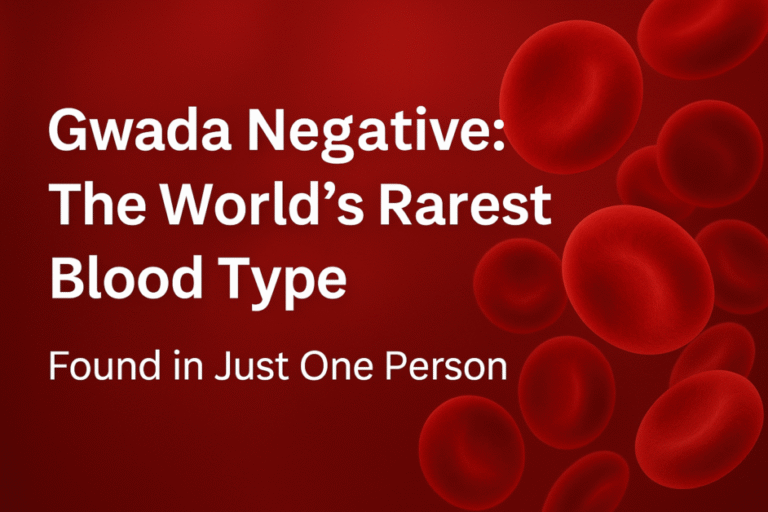Why Fitness Matters: Health Benefits You Can’t Ignore

Are you tired of feeling sluggish, out of shape, and unhealthy?
Imagine waking up each day feeling energized, confident, and ready to tackle any challenge that comes your way. That’s the power of fitness! Whether you’re a complete beginner or looking to take your fitness journey to the next level, this blog post will guide you through the ins and outs of fitness. From understanding its core concepts to reaping its numerous health benefits, we’ll explore how to get started and steadily improve your fitness game.
So, are you ready to transform your life and unlock your full potential? Let’s dive into the world of fitness, starting with a clear understanding of what it truly means and how it can benefit your overall health and well-being.
Understanding Fitness

A. Definition of physical fitness
Physical fitness is a state of health and well-being that enables individuals to perform daily activities with vigor and without undue fatigue. It encompasses various physical attributes and abilities that contribute to overall health and performance.
B. Components of fitness
There are five main components of physical fitness:
Cardiovascular endurance
Muscular strength
Muscular endurance
Flexibility
Body composition
| Component | Description | Example activities |
|---|---|---|
| Cardiovascular endurance | Ability of heart and lungs to supply oxygen during sustained physical activity | Running, cycling, swimming |
| Muscular strength | Amount of force muscles can produce in a single effort | Weightlifting, resistance training |
| Muscular endurance | Ability of muscles to perform repeated actions without fatigue | Push-ups, planks, squats |
| Flexibility | Range of motion in joints and muscles | Yoga, stretching exercises |
| Body composition | Ratio of body fat to lean body mass | Balanced diet, strength training |
C. Fitness Importance in daily life
Fitness plays a crucial role in our daily lives by:
Enhancing energy levels and productivity
Improving posture and reducing risk of injuries
Boosting mood and mental well-being
Facilitating better sleep quality
Supporting longevity and quality of life
D. Difference between fitness and health
While fitness and health are closely related, they are not synonymous:
Health: Overall state of physical, mental, and social well-being
Fitness: Specific physical attributes that contribute to health and performance
Fitness is a key component of health, but health encompasses broader aspects of well-being. Now that we understand what fitness is, let’s explore its numerous health benefits in the next section.
Health Benefits of Fitness

Improved cardiovascular health
Regular fitness activities significantly boost cardiovascular health. Aerobic exercises like running, swimming, and cycling strengthen the heart muscle, improve blood circulation, and lower blood pressure. Here’s a breakdown of the benefits:
| Benefit | Description |
|---|---|
| Stronger heart | Increases heart muscle efficiency |
| Better circulation | Improves oxygen delivery to tissues |
| Lower blood pressure | Reduces strain on the cardiovascular system |
| Improved cholesterol levels | Increases HDL (good) cholesterol |
Enhanced mental wellbeing
Fitness isn’t just about physical health; it profoundly impacts mental wellbeing too. Exercise releases endorphins, often called “feel-good” hormones, which can:
Reduce stress and anxiety
Alleviate symptoms of depression
Boost self-esteem and confidence
Improve sleep quality
Enhance cognitive function and memory
Electrolytes: The Unsung Heroes of Your Body
Increased strength and flexibility
Regular fitness routines, especially those incorporating strength training and stretching, lead to increased muscle strength and improved flexibility. This combination offers numerous benefits:
Better posture and balance
Reduced risk of injuries
Improved functional fitness for daily activities
Enhanced athletic performance
Better weight management
Fitness plays a crucial role in maintaining a healthy weight. Regular exercise:
Burns calories and fat
Builds lean muscle mass, which boosts metabolism
Helps regulate appetite and food intake
Improves insulin sensitivity
Reduced risk of chronic diseases
Perhaps one of the most significant benefits of fitness is its ability to lower the risk of various chronic diseases. Regular physical activity can help prevent or manage conditions such as:
Heart disease
Certain types of cancer
Osteoporosis
Alzheimer’s disease
By incorporating fitness into your lifestyle, you’re not just improving your current health, but investing in your long-term wellbeing. Next, we’ll explore how to get started on your fitness journey, making it easier to reap these incredible health benefits.




